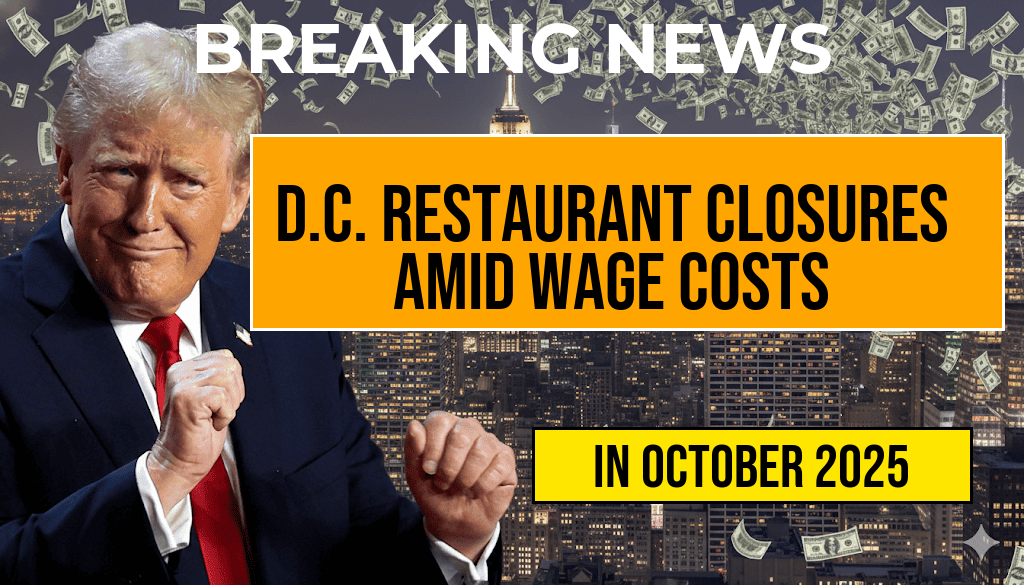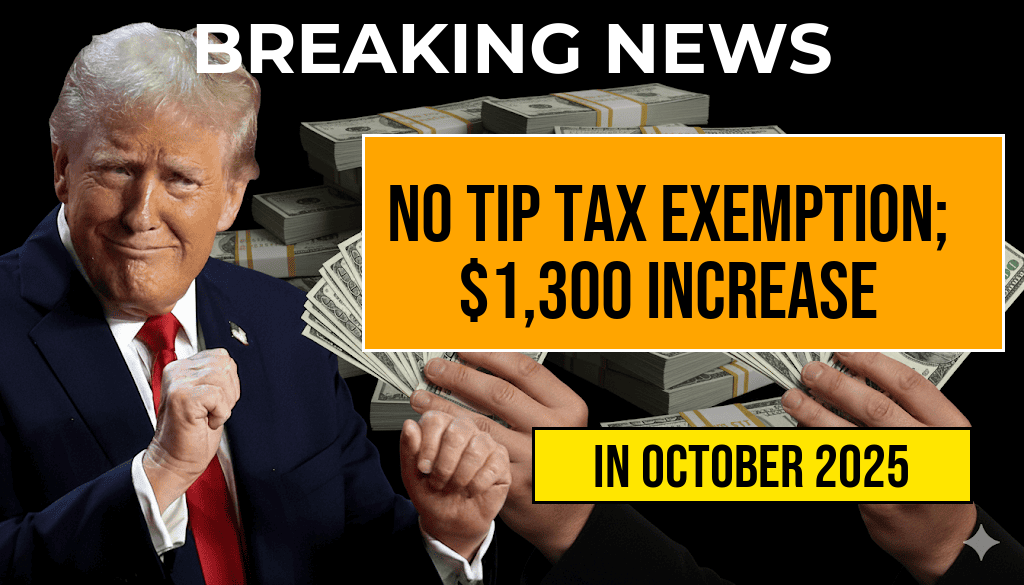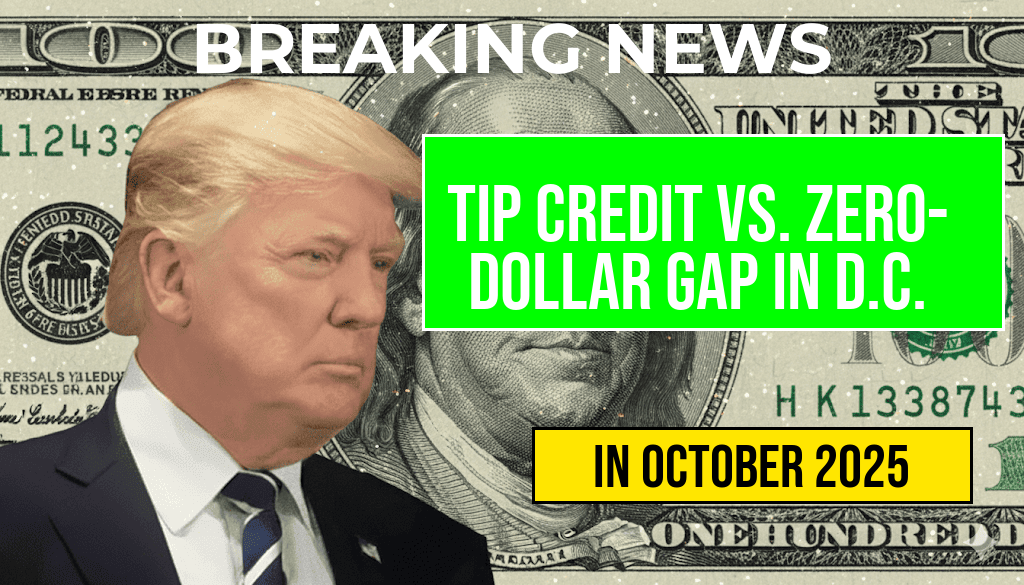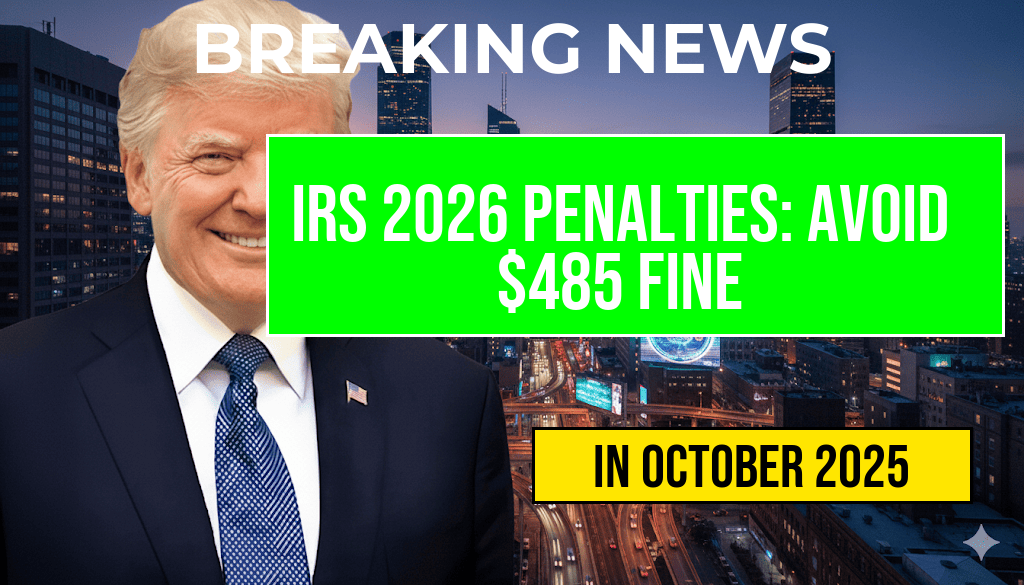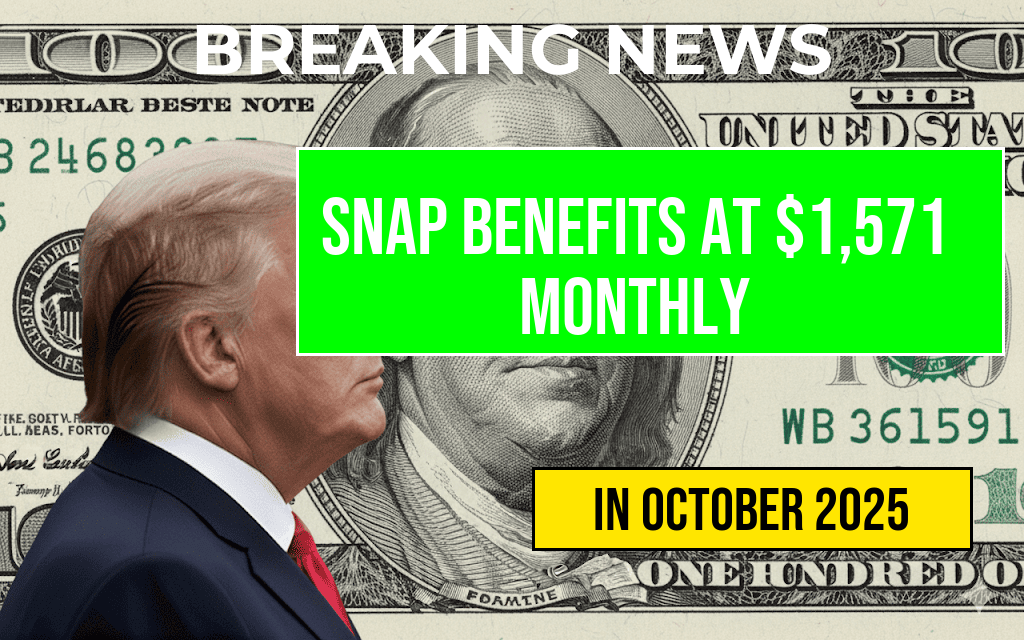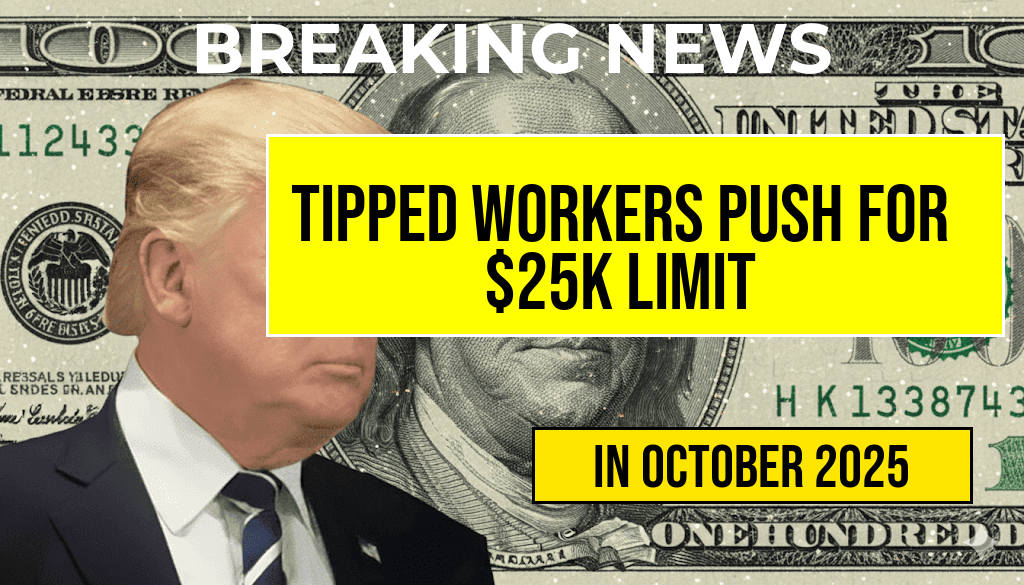Tip Credit Versus Seventeen-Ninety-Five: The Zero-Dollar Gap Employers in D.C. Need to Cover
As Washington D.C. navigates ongoing debates over fair wages for tipped employees, a critical issue has surfaced surrounding the interplay between the federal tip credit provision and the District’s minimum wage laws. While many restaurants and service establishments rely on the federal tip credit—which allows employers to pay tipped workers less than the standard minimum wage—some are finding themselves in a financial bind due to the city’s stricter requirements. This challenge is particularly acute for employers who operate under the Seventeen-Ninety-Five provision, a local regulation that mandates employers cover the “zero-dollar gap”—the difference between the tipped minimum wage and the full minimum wage—effectively forcing them to subsidize employee earnings beyond federal allowances.
The Legal Framework: Federal Tip Credit vs. District Regulations
Under federal law, employers can take a tip credit up to $5.12 per hour (as of 2023) toward their minimum wage obligations for tipped employees, provided certain conditions are met. This allows employers to pay as little as $2.13 an hour in direct wages, with tips making up the difference to reach the federal minimum wage of $7.25 per hour. However, the Fair Labor Standards Act (FLSA) requires that tipped workers receive enough tips to ensure their earnings meet the federal minimum wage.
Meanwhile, D.C. has enacted its own minimum wage laws, which in recent years have risen to $17.50 per hour for most workers, including tipped employees. The District’s regulations stipulate that employers must ensure employees earn at least the local minimum wage, regardless of tip income, effectively nullifying the federal tip credit in practice for many establishments. This creates a complex scenario: employers must reconcile federal allowances with local mandates, often leading to a financial “zero-dollar gap”—the amount needed to bridge the difference between what tips and wages ought to cover and the actual pay owed.
The Zero-Dollar Gap: What Employers Must Cover
| Aspect | Federal Law | District of Columbia Law |
|---|---|---|
| Minimum Wage | $7.25/hour (2023) | $17.50/hour (2023) |
| Tip Credit Allowed | Up to $5.12/hour | Not applicable; wages must meet local minimum regardless of tips |
| Employer’s Wage Obligation | Employer can pay as little as $2.13/hour plus tips | Employer must pay full $17.50/hour if tips do not cover the gap |
| Zero-dollar gap | Not applicable | Employers must cover the difference if tips fall short of the minimum wage |
This discrepancy means that D.C. employers may find themselves covering substantial amounts out of pocket to ensure compliance. For example, if tips average only $10 per hour—a typical scenario in some establishments—the employer is responsible for making up the remaining $7.50 per hour to reach the local minimum wage of $17.50. Over a standard 40-hour workweek, this adds up to an additional $300 per employee, per week, that the employer must subsidize—a cost often unanticipated during staffing or budgeting processes.
The Impact on Restaurant and Service Industry Operations
Many local restaurateurs and service providers argue that the high minimum wage combined with the zero-dollar gap requirement strains their profit margins. Small businesses, in particular, face a dilemma: absorb the costs or risk non-compliance, which could lead to legal penalties. Some establishments have resorted to raising menu prices or reducing staff hours, actions that may impact customer satisfaction and employment levels.
Conversely, labor advocates emphasize that the District’s approach ensures tipped workers earn a living wage without relying solely on tips. They argue that the zero-dollar gap requirement, while financially burdensome for employers, promotes wage equity and economic stability for workers. Data from the Bureau of Labor Statistics indicates that in D.C., tipped workers often earn less than their non-tipped counterparts, underscoring the importance of regulations that prioritize worker income security.
Potential Policy Responses and Industry Adjustments
To address the financial challenges, some industry groups suggest reforms such as phased wage increases, tax credits, or subsidies targeted at small businesses. Others propose maintaining the current wage standards but implementing clearer guidelines for employers to manage the zero-dollar gap efficiently. The District government has also begun exploring policies that could alleviate the burden, including enhanced tip reporting requirements and support programs for small businesses during wage transitions.
Meanwhile, employers are advised to carefully audit their wage and tip practices, ensuring compliance while balancing operational costs. Transparent communication with employees about wage structures and expectations can also help mitigate disputes or misunderstandings related to earnings and tips.
Conclusion
The tension between federal tip credit policies and local minimum wage laws in D.C. underscores the complexity of ensuring fair compensation in the service industry. The zero-dollar gap, an often-overlooked financial obligation for employers, is emerging as a significant factor that could influence wage policies, business sustainability, and worker livelihoods. As the city continues to refine its approach, stakeholders across the spectrum will need to navigate these regulatory intricacies to foster an equitable and economically viable environment for tipped workers and businesses alike.
Frequently Asked Questions
What is the difference between the Tip Credit and the Seventeen-Ninety-Five in D.C.?
The Tip Credit allows employers to reduce minimum wage obligations by considering employee tips, while the Seventeen-Ninety-Five is a specific D.C. regulation that mandates employers ensure employees receive a certain minimum wage regardless of tips, preventing a zero-dollar gap.
Why is the Zero-Dollar Gap significant for D.C. employers?
The Zero-Dollar Gap highlights situations where employers are responsible for covering the difference to ensure employees earn at least the minimum wage, which is crucial for compliance and fair compensation in D.C.
How do employers in D.C. cover the Tip Credit versus the Seventeen-Ninety-Five?
Employers must adhere to the Seventeen-Ninety-Five by paying employees at least the minimum wage directly, regardless of tips, and use the Tip Credit carefully to offset wages without falling below legal standards, effectively managing the zero-dollar gap.
What are the penalties for non-compliance with D.C.’s minimum wage laws?
Employers who fail to comply with the Seventeen-Ninety-Five and tip credit regulations may face penalties, including fines and legal action, especially if they do not ensure employees receive at least the minimum wage, leading to a zero-dollar gap issue.
What strategies can employers use to ensure compliance with D.C. wage laws?
Employers should regularly review their wage practices, accurately track tips, and ensure that total compensation meets or exceeds the minimum wage mandated by the Seventeen-Ninety-Five, effectively covering any zero-dollar gap.


